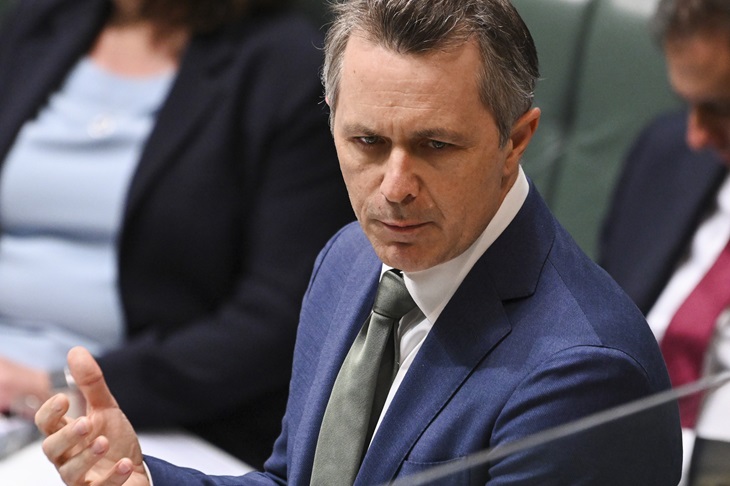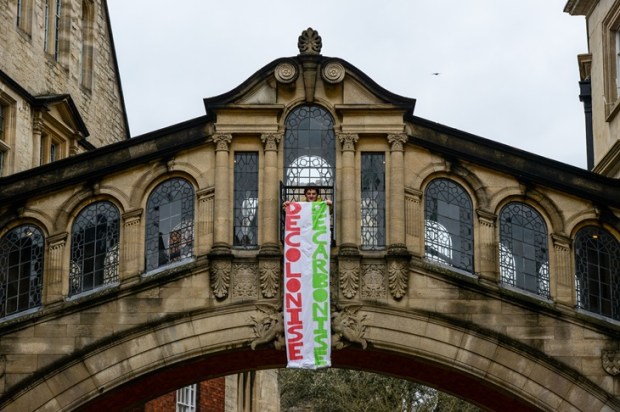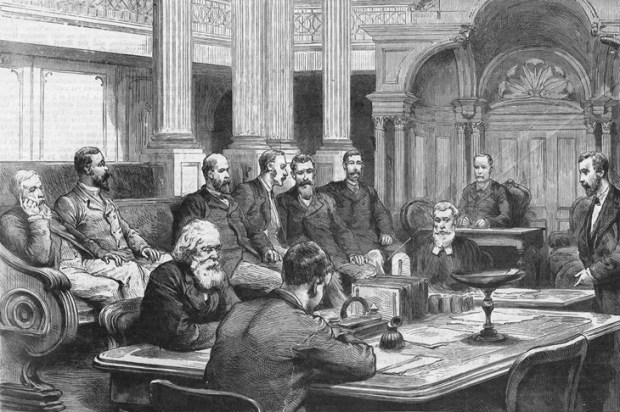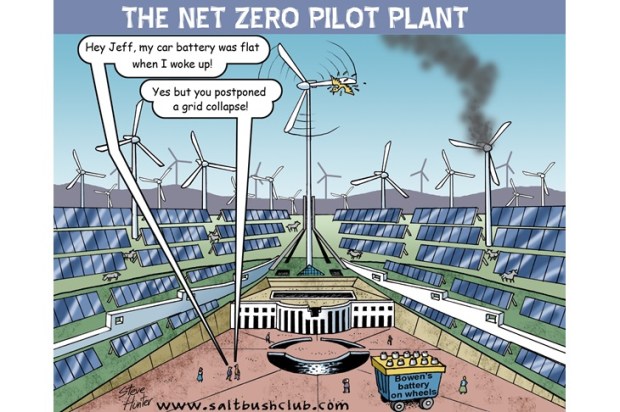One of the defining moments of the 2004 federal election was Mark Latham’s hit list of wealthy non-government schools and John Howard’s success in describing the ALP policy as the politics of envy. Jason Clare, the Minister for Education, is making the same mistake.
In response to a recently released report titled Improving Outcomes For All commissioned by Clare, he argues, ‘The growing gap between the rich and poor, largely as a result of segregation, based on wealth into government and non-government schools was unacceptable.
Already a subscriber? Log in
Subscribe for just $2 a week
Try a month of The Spectator Australia absolutely free and without commitment. Not only that but – if you choose to continue – you’ll pay just $2 a week for your first year.
- Unlimited access to spectator.com.au and app
- The weekly edition on the Spectator Australia app
- Spectator podcasts and newsletters
- Full access to spectator.co.uk


























Comments
Don't miss out
Join the conversation with other Spectator Australia readers. Subscribe to leave a comment.
SUBSCRIBEAlready a subscriber? Log in